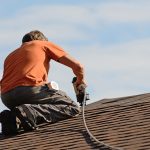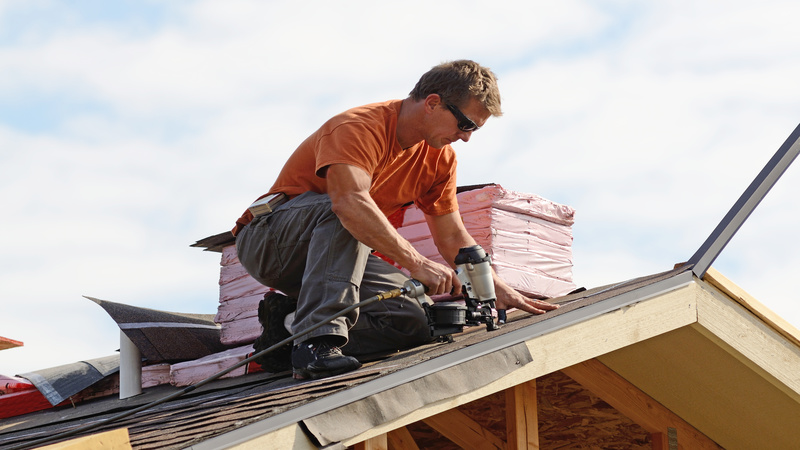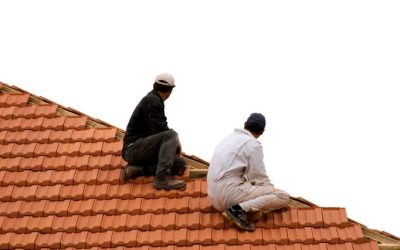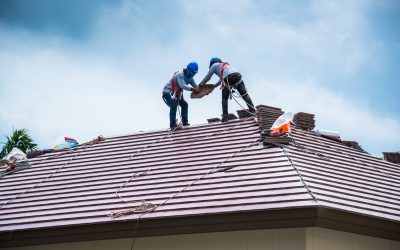Asphalt is one of the most commonly used type of roofing shingles. There are many reasons why homeowners use asphalt shingles over other surface materials. However, it is always a good job to consider your options when deciding which types of shingles to use for your roofing project. Here is a quick overview of the pros and cons of asphalt roofing shingles.
Pros:
- Asphalt roofing shingles are cost-effective. They cost less to begin with and because they are durable and resilient, asphalt shingles reduce the long term costs associated with roofing repairs and maintenance.
- Aesthetics. Asphalt might not seem like the most attractive shingle material, but actually asphalt comes in the widest variety of colors and textures imaginable for roofing material. In fact, some types of asphalt shingles do not at all look like asphalt, while others have the characteristic earthy look that blends in nicely with homes and their sidings.
- Durability. One of the main reasons why people choose asphalt shingles is their durability. Asphalt shingles last a long time, and exhibit few problems. They are also ideal for different types and slope levels of roofs.
- Safe. Asphalt roofing shingles are fire resistant, lightweight, and weatherproof. They also require less maintenance than other types of roofing materials to maintain their integrity.
Cons:
- Damage. As with any roofing material, asphalt shingles can be damaged in storms, or because of fallen tree branches, hail, and other freak conditions.
- Curled edges. If the shingles have not been installed or maintained properly, they can show signs of wear and tear. It is important to have asphalt roofing shingles installed by qualified professionals to reduce problems.
- Loose shingles. If the shingles have not been installed properly, they could also come loose—another reason to opt for professional installation.








